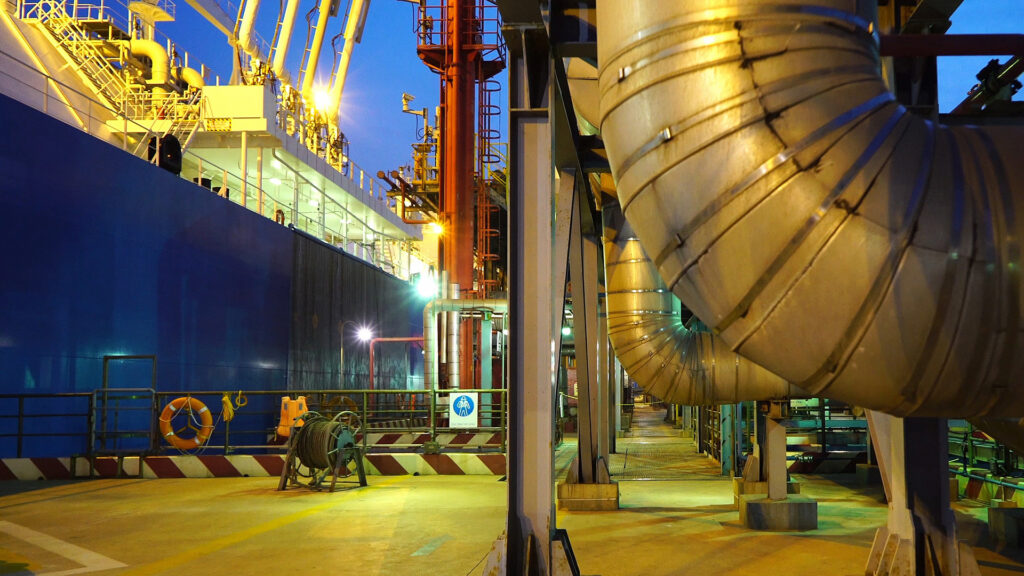authors
Greenwashing: trade finance and the agri-sector
Market Insight
28 June 2023
2 MIN READ
1 AUTHOR
However, as these products have surged in popularity, so too have risks of greenwashing, which hurts investors as well as those companies engaged in genuinely sustainable activities or financings.

Download insight
Download a PDF version of ‘Greenwashing: trade finance and the agri-sector’











